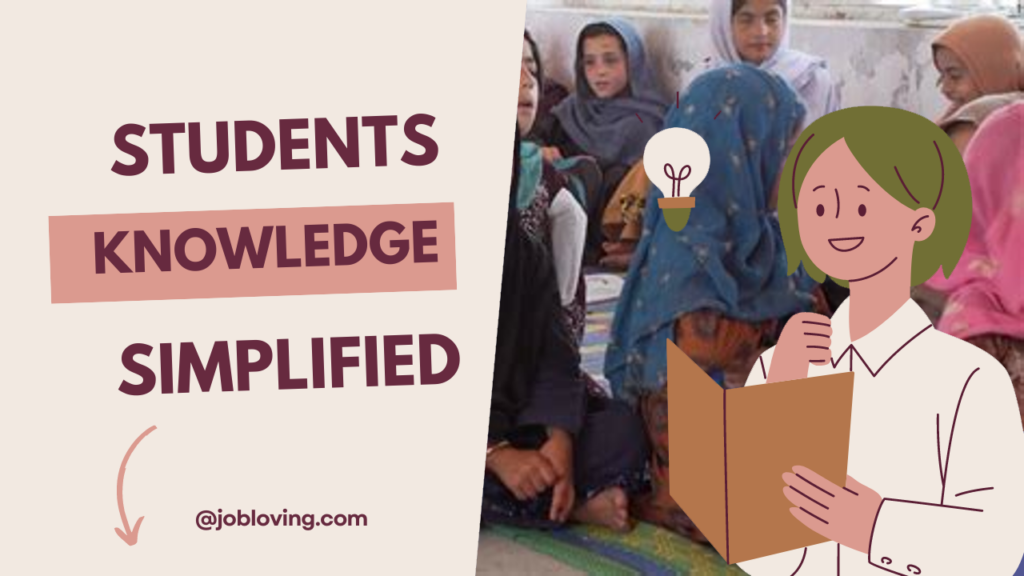Under the Taliban’s oppressive rule, Afghanistan has taken a terrifying step back into the shadows when it comes to female education. In a chilling turn, girls are banned from schooling beyond the age of 11. This significant policy change has effectively left Afghanistan as the only country in the world where girls face outright educational bans, marking 2021 as the year when these antiquated views resurfaced and took hold.
The ramifications of this ban stretch far beyond just classroom closures; they resonate through society like a haunting echo. Since the Taliban’s takeover, no viable plans have emerged to reopen secondary schools for girls, leaving over one million young women without pathways for education. In the absence of formal schooling, innovative solutions have arisen. Some brave Afghan girls have turned to online education, engaging in virtual learning programs. Over 550 girls have found ways to connect and learn through technology, striving to dream bigger, even in the face of daunting restrictions.
Stories of resilience come alive through individuals like Aisha and Marwa, who donned disguises to attend English classes. Their audacious spirit is a testament to the tenacity of Afghan girls, unwilling to let the weight of despair crush their ambitions. However, the psychological toll has been immense; the ongoing restrictions have sparked troubling increases in anxiety and depression among affected girls. Yet, these young women continue to shine the light of curiosity and hope in the darkest of circumstances.
Remarkably, many girls remain undeterred. Yalda, a self-directed learner, demonstrates the spirit of adaptation as she carves out her own educational path, forging connections through the internet. Aliya’s efforts to create online learning opportunities echo the resourcefulness of Afghan youth amidst oppressive conditions. These initiatives serve not only as a means of education but as a call to action, signaling that Afghan girls resist being silenced. They boldly face the Taliban’s stringent interpretation of Islamic law, advocating passionately for their educational rights and freedoms.
The situation for girls in Afghanistan is not about mere education; it touches upon fundamental human rights. Girls express feelings of being stripped of their joys, with some wishing they weren’t born female due to the ongoing gender-based violence and restrictions. Even so, Zarina, a recent high school graduate, still dares to dream of pursuing a business education, igniting a glimmer of hope for a more equitable future.
As the world watches, the silent struggle of Afghan girls serves as a stark reminder of the need for global advocacy and support. Their narratives envelop a profound truth: “darkness doesn’t always prevail; light will come.” It’s a belief that resonates deeply, calling for a united effort to reclaim the rights of these resilient young women and, in doing so, revitalize Afghanistan itself.
What are the broader implications of the Taliban’s ban on girls’ education in Afghanistan?
The ongoing ban on girls’ education significantly hinders Afghanistan’s potential for peace and societal progress. It threatens public health, exacerbates child labor and marriage risks, and could lead to billions in GDP loss, impacting the country’s economic growth and stability.
How do Afghan girls demonstrate resilience in the face of educational restrictions?
Despite the ban, Afghan girls exhibit remarkable resilience by engaging in online education initiatives, utilizing technology and books to expand their knowledge, and even disguising themselves to attend classes. Their determination to learn reflects a strong desire for education and individual freedoms.
What role does the international community play in addressing the educational crisis for Afghan girls?
The international community’s response is crucial for the future of Afghan women. Advocacy and support for their rights can help challenge the Taliban’s educational restrictions, while scholarships for Afghan women abroad are vital for preserving their educational aspirations and talents.
How does the Taliban’s interpretation of Islam affect girls’ education in Afghanistan?
The Taliban’s strict interpretation of Islamic law has led to the exclusion of girls from education, reflecting a 19th-century perspective that contradicts the fundamental rights of Afghan girls. This interpretation limits their aspirations and freedoms, further entrenching gender inequality in the country.

